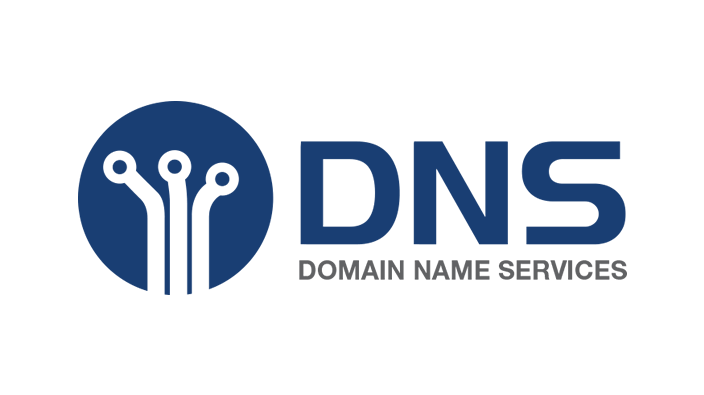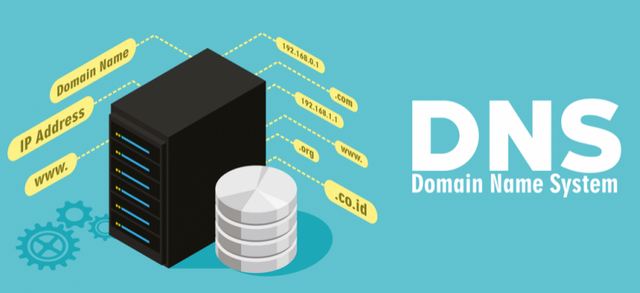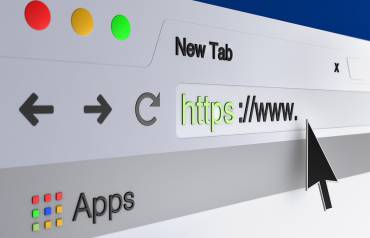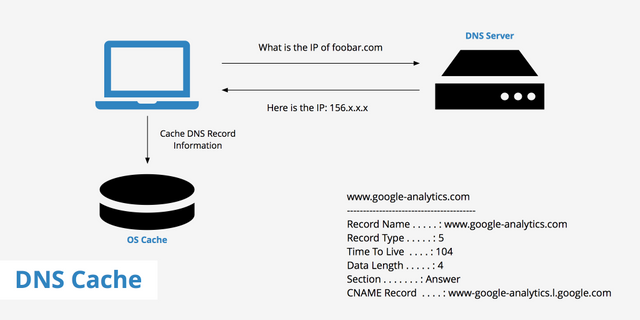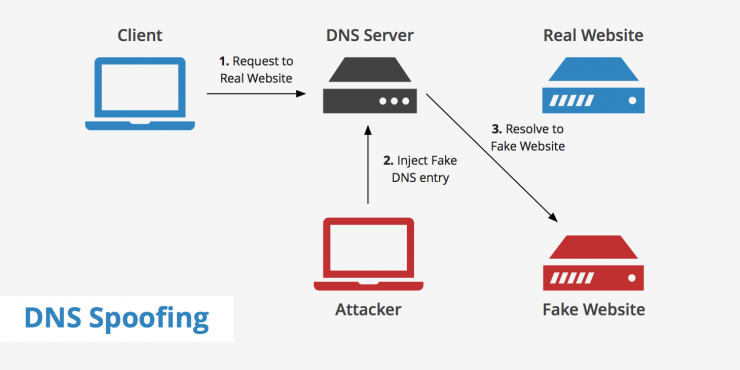What is DNS and why it is needed? What is the importance of the Internet?
If you do a lot about the Internet, then you must have heard a name that is, DNS. The full name is the Domain Name System. This DNS is one of the most basic and most essential elements on the Internet. With the help of this DNS, your browser will probably know that you have to take it to a website on the Internet or to a server.
But what is the main function of this DNS thing and why it is needed? I will talk about this today.
DNS
When you visit a website, you must type the website's address in the browser or simply say, the address of the website has to be typed. For example - Google.com or Techubs.net. But when you type the address of the website in the browser and press the interstitials, but your browser or your internet URL will not be able to find the website you want. You need to know the IP address of the website that you want to visit your browser.
So when you enter a website's address and intercept, your browser is basically sending the request to the DNS, to get the IP address of your desired website. You can tell this DNS to be like an Internet dictionary where the IP addresses of web servers are stored.
Where this DNS request is located first, it is the Recursive Name Server. This name server usually operates on your ISP. However, you do not have to use your ISP server only. You can also use public name servers that operate different organizations. For example - Google Public DNS or CloudFlair DNS.
Recursive name server
Now let us know what the name servers work for. This public name server or your ISP name server will most often store the IP address of your desired website. But sometimes, if the website's IP address is not stored, then the request goes away and another place called Route Server. These 13 route servers keep a record of all top level domains (.com, .net, .org etc) IP addresses.
Although fewer servers seem to hear it, the databases of these root servers are actually much bigger than what you think. These route servers are basically using physical hardware and data centers around the world to ensure that these requests can always be serviced instantally to everyone.
Then, when the IP address of the domain you want is available, then your request is handover, on the server of the top level domain you want to access (the server that has been extracted with the IP address). Suppose you have requested to visit Techubs.Net domain.
Then this recursive name server will send your request to the domain server of this url. And from here, the website of your desired website that is pointing to the nameserver, ie all the data on the website that is hosted on the cloud server, your request will be sent to the server so that all the data from that website is served to you. And then you can basically access the website.
DNS caching
To save time, both your computer and the recursive name server cache these DNS requests or simply keep locally stored on your device, so that your device can already know what the IP address of the websites you have visited and when you use that website You will not be able to find an IP address again if you are going to visit.
That's why when you visit a website once you go to visit again, the website is loaded more quickly than ever before. The reason for this is that, as you did earlier, your browser did not have to find the website's IP address. Because, your computer has already saved these IP addresses.
DNS works mostly without any problems. However, there may be a problem if you visit some of the websites you visit in their IP address or their servers. It can be seen that the current IP of your desired website does not match the saved DNS record of your cache.
When accessing the website, your browser can show you 404 errors until it can update the DNS records again. However, it is possible to fix this with a simple CMD command. On Windows, open the command prompt in admin mode> ipconfig / flushdns command will be cleared and your DNS cache will be cleared.
DNS spoofing / DNS cash poisoning
It's basically a hacking method that uses hackers to use your device for their sake. Suppose you insert some kind of malware on your PC that targets your DNS cache. These malware basically edit your DNS cache and you can change the IP addresses of these websites that you have visited by setting up an IP of any malicious website that you want to visit. If you later visit the website, you are not redirected to the website and redirected to the desired website of the hacker.
If you ever visit a website that you visit every day to see if you are redirected to another suspicious website, you are most likely the victim of DNS spoofing. You should then scan your entire system as soon as possible using a relayable malware scanner. Eg- Malwarebytes
So this is a simple explanation of what the DNS is and what is useful. The DNS thing has basically made our Internet a lot easier. Otherwise, we would have to access it by typing IP addresses on each website. It's quite like calling the full phone number and typing the phone. However, today we're ending up like this today. Hope you liked today's article. If there are any questions or opinions, please tell in the comments section.
